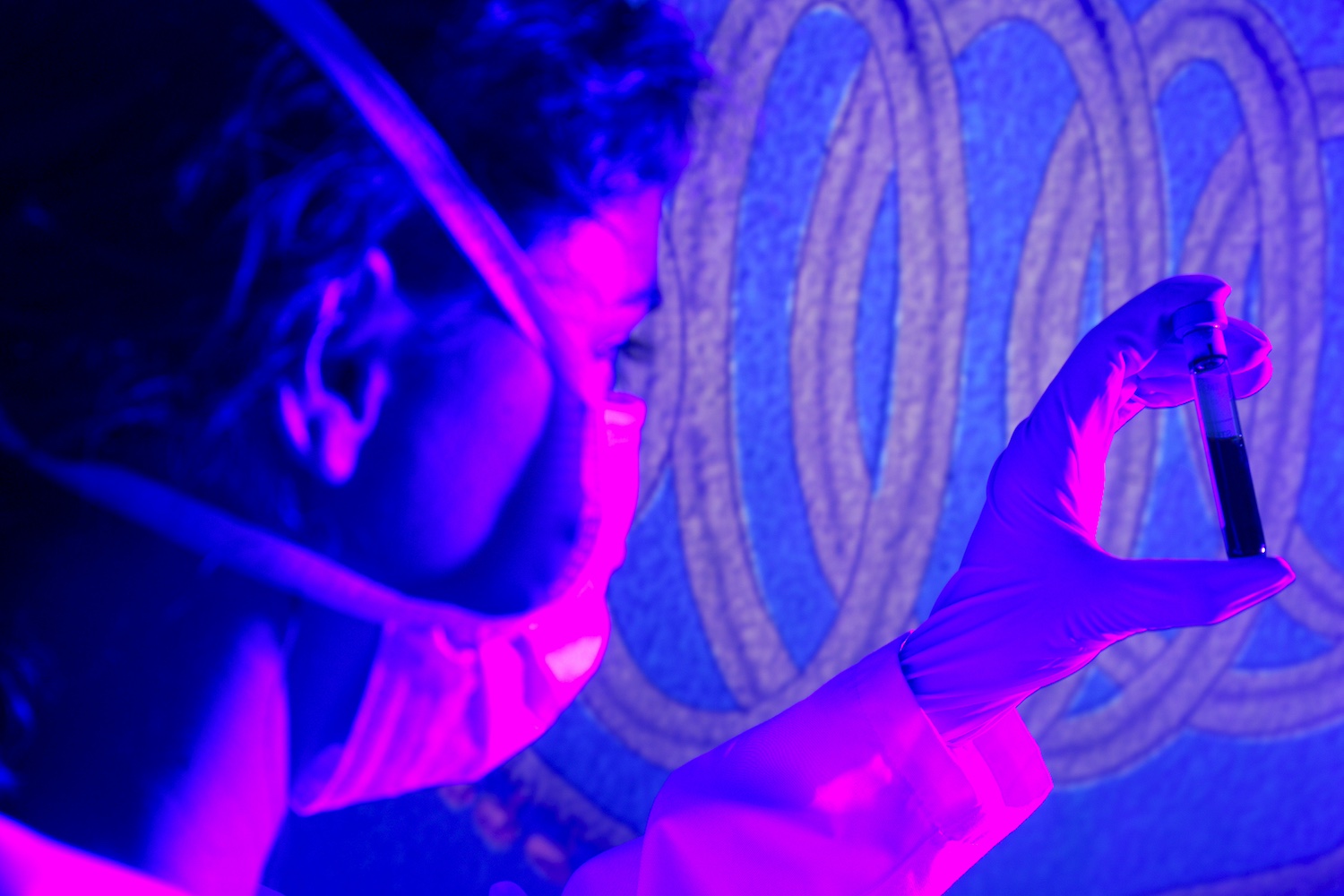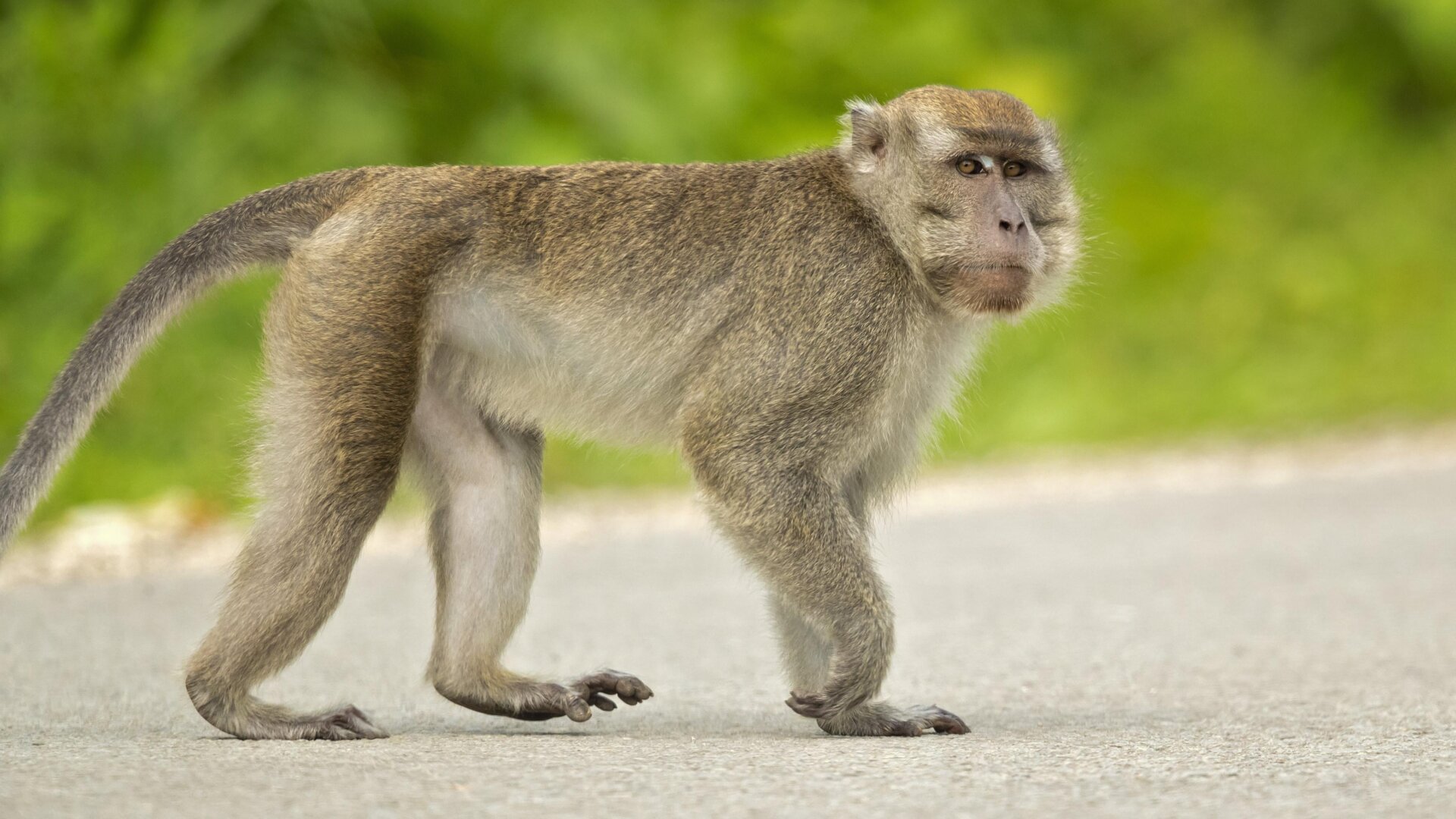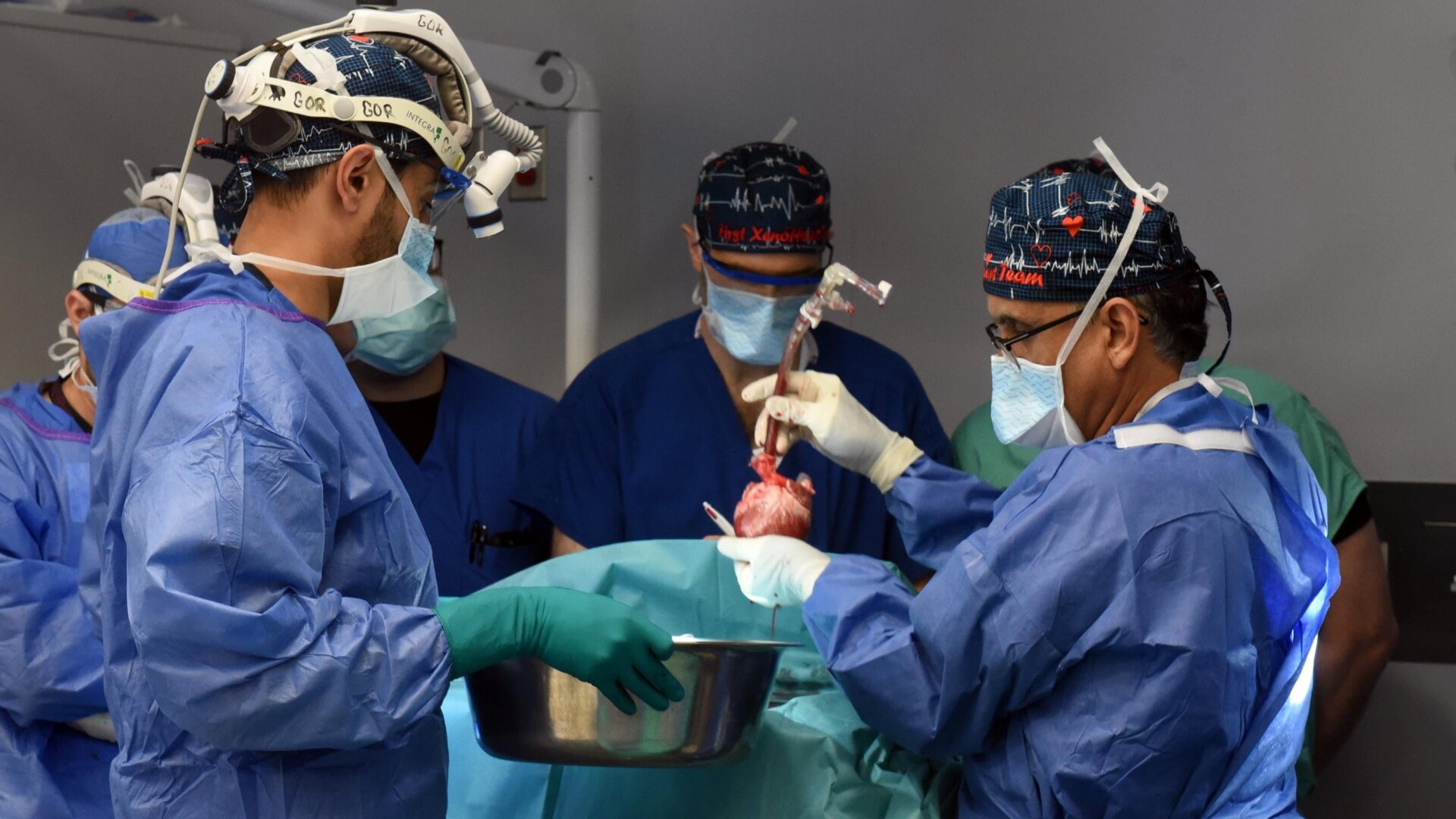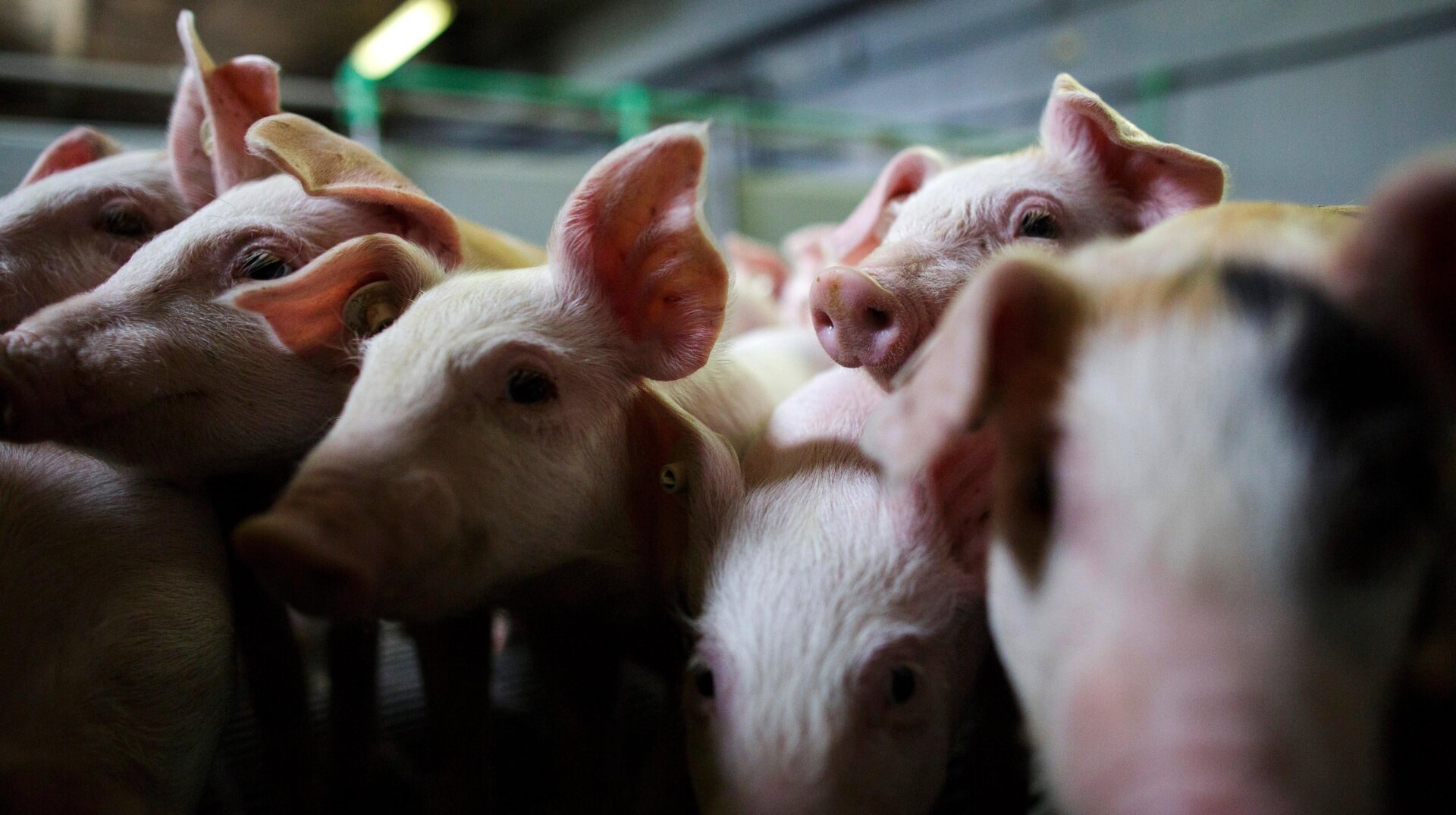-
 Tech NewsNews
Tech NewsNewsPeter Thiel’s VC Fund to Host Conference for Ideological ‘Heretics,’ Maybe Summon a Ghost or Two
“Ideological outcasts” who have been “banned from other conferences”—surely the country’s most beleaguered minority—can soon find a home with other like-minded individuals at “Hereticon,” a three-day conference being planned by the Founders Fund venture capital firm. That’s the same Founders Fund run by billionaire Peter Thiel, a kindred soul in the world of supposed ideological … Continued
By Tom McKay -
 ScienceBiology
ScienceBiologyScientists Partially Revive Disembodied Pig Brains, Raising Huge Questions
Researchers from Yale have developed a system capable of restoring some functionality to the brains of decapitated pigs for at least 10 hours after death. The achievement has tremendous scientific potential, but it raises some serious ethical and philosophical concerns. Developed by neuroscientist Nenad Sestan and his colleagues from Yale University, the system was shown … Continued
-
 Tech News
Tech NewsChemical Compound That Gives Poop Its Stink Extends Healthy Lifespan in Animals
Indole, an organic chemical compound that’s found in our gut and contributes to the smell of poop, increases the healthy lifespan of worms, flies, and mice, according to new research. Scientists say this likely applies to humans as well, and that this stinky substance could eventually be used to delay age-related diseases. New research published … Continued
-
 Tech News
Tech NewsScientists Find Genetic Mutation That Could Increase the Male Lifespan
Professor S. Jay Olshansky once told Gizmodo, “In the world of aging sciences, if you want to live a long life, choose long-lived parents.” So genetic markers linked to longevity are interesting as hell. But if you’ve got the wrong genes, then the wrong moves might do you in. A team of researchers from universities … Continued
-
 Tech News
Tech NewsIf You Could Only Die in Sudden Accidents, How Long Would You Live?
Imagine a world in which the only possible way to die was through a sudden accident, such as a car crash, falling down the stairs, or getting struck by lighting. How long could we expect to live in such a world? According to an eye-opening simulation, a very, very, long time, indeed. The fine folks … Continued
-
 ScienceHealth
ScienceHealthHow Living Near the Starvation Point Can Extend Lifespan
Depriving ourselves of food to the point of near-starvation doesn’t sound very appealing, but it could prolong our lives and prevent the onset of age-related diseases. A combined analysis of two long-running studies shows that caloric restriction does indeed work in monkeys, hinting at its potential to work in humans. More research is needed before … Continued
-
 Tech News
Tech NewsWhy the Human Lifespan Ends at 122
The oldest human to have ever lived died at the age of 122—and that was nearly 20 years ago. A recent analysis of global demographic data suggests this may very well be the maximum age attainable by humans, and that it’s extremely unlikely anyone will ever live much beyond this advanced age. That is, unless … Continued
-
 Tech News
Tech NewsA Promising Anti-Aging Drug Will Soon Be Tried On Humans
A compound called nicotinamide mono nucleotide (NMN) has been shown to slow down the aging process and extend the lifespans of mice. We’re about to find out if it does the same thing to humans. A planned clinical trial devised by researchers from Washington University in St. Louis and Keio University in Japan is set … Continued
-
 Tech News
Tech NewsPromising New Therapy Extends Lifespans of Mice by 35 Percent
By flushing out cells worn with age, researchers from the Mayo Clinic have extended the lifespans of mice by as much as 35 percent. It’s an encouraging finding that could eventually lead to similar therapies in humans. Aging is a complex biological process with no single causal factor. One particularly critical contributor of aging, however, … Continued
-
 Tech News
Tech NewsMeanwhile in the Future: You Can Live for 300 Years, But You’ll Be in Prison
What if “life in prison” could mean 100 or 200 or 400 years? Does that change the way that sentences are doled out? What happens when a person gets out of prison? For all of you who’ve written in asking me to do an episode about longevity, this episode is for you. But instead of … Continued
By Rose Eveleth -
 io9
io9New “Senolytic” Drugs Can Dramatically Increase Healthy Lifespan
Researchers from the Scripps Research Institute and the Mayo Clinic have developed a new class of drugs that were shown to significantly slow the aging process in animal models. Remarkably, dramatic improvements were noticeable just days after treatment. The research was only carried out on mice, but the introduction of an entirely new class of … Continued
-
 Tech News
Tech NewsAnti-Aging Experts Made a Million-Dollar Bet on Who Dies Last
Even 10 years ago, the idea of reversing aging and conquering human mortality was still fringe science, seen as snake-oil research by most scientists, large pharmaceutical companies, and the public. What a difference a decade makes. Anti-aging science is poised to become a major industry in the biotech world. To prove its promise, the first … Continued
Zoltan Istvan -
 io9
io9New Technique Reverses Aging By Decades In Cultured Human Cells
Scientists from Stanford Medical Center have devised a technique for extending the length of human telomeres. It’s a breakthrough that could eventually result in therapies to treat a host of age-related diseases, including heart disease and diabetes. It could also result in longer, healthier lives. Telomeres are those critical protective caps located on the tips … Continued
-
 io9
io9A Cool New Theory Explains Why Red Wine Is So Damned Good For You
The antioxidant resveratrol, which is found in red wine and other foods like nuts and soy, is known for its ability to decrease incidence of heart disease and other illnesses, leading some to call it the “elixir of youth.” Researchers at the Scripps Research Institute now have an explanation for how it works. Resveratrol (prounounced … Continued
-
 io9
io9It Turns Out That “Longevity Genes” Don’t Exist
Very few people live to be 110 or older. Incredibly, many of these “supercentenarians” do virtually nothing to stay healthy or fit, leading scientists to speculate that certain genes are responsible. But recent analysis of the human genome suggests this is an oversimplification. The genetic underpinnings of aging are far more complex than we thought. … Continued




